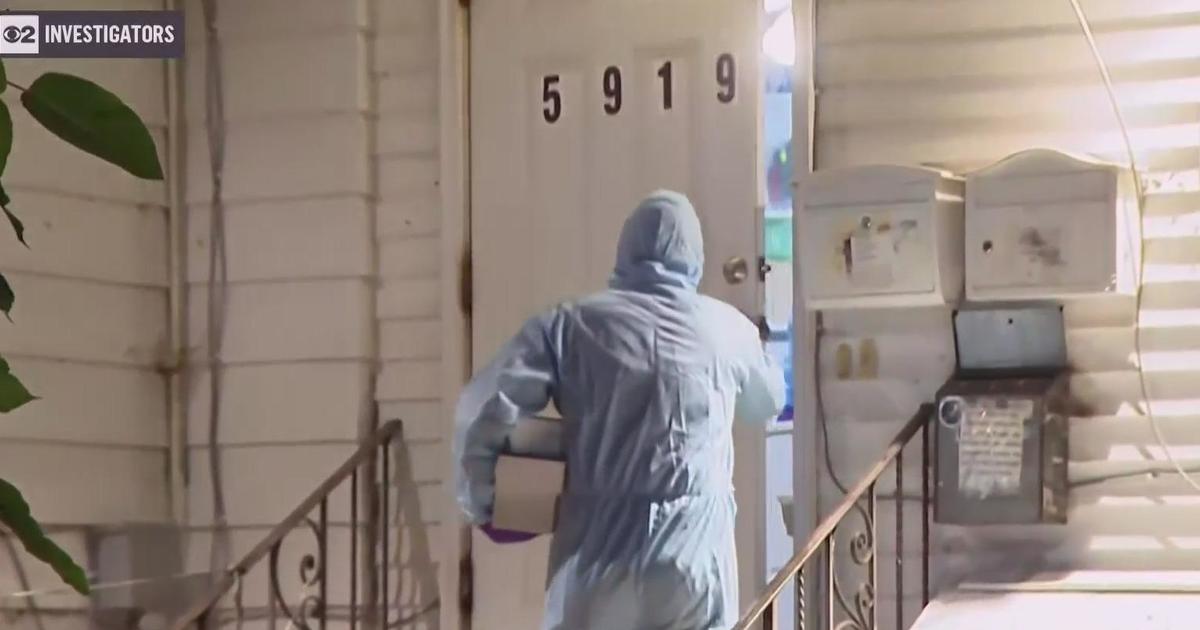'Dangerously High' Tree Pollen Makes For Miserable Allergies
CHICAGO (CBS) -- Having summer suddenly make an appearance in mid-March is causing an ugly dark side for some people.
Because of the heat wave, plants are budding early and causing "dangerously high" tree pollen levels that could make allergy sufferers miserable, officials say.
The tree pollen count for Wednesday, was 1,600, more than the 1,500 threshold that signals a dangerous air quality warning, said Dr. Joseph Leija, who performs the Midwest's official daily allergy count at Gottlieb Memorial Hospital in Melrose Park.
This first air quality alert of the year comes just seven days after officials began recording allergy counts for the spring season, a release from the hospital said.
In addition to very high levels of tree pollen, eyes are watering and noses running from moderate levels of weeds and low levels of grass, mold and ragweed, the release said.
"The warm March temperatures and sunny skies have encouraged the early budding of trees and flowers and my phones at Gottlieb are ringing with sufferers seeking relief," Leija said in the release.
Headaches, sinus congestion, runny noses and fatigue will be common among Chicagoans today, when many Midwesterners could be "very miserable," the doctor said.
"Ragweed in March is unheard of in the Midwest," Leija said in the release. "I have never seen an allergy count so unusual."
CBS 2 Morning News expert Dr. Dragan Djordjevic says the number of patients complaining of allergy symptoms has skyrocketed at his office at Rush University Medical Center in just the past 10 days.
"It's amazing – 10 days ago; two weeks ago when I was here, things were just starting," Djordjevic said. "But really over the last 10 days, I've had many more people calling me complaining of itchy eyes, watery eyes, sneezing, head congestion – so with trees pollinating earlier, the warmer weather – even though it's a blessing for us getting out and about – has really caused people's allergies to suffer."
Allergies are typically treated with antihistamines – either in the form of a pill or a nasal spray. Prescription corticosteroid nasal sprays are also used, as are antihistamine eye drops.
"I typically like to use both an antihistamine in tablet form, along with a steroid nasal spray," Djordjevic said. "The combination tends to work better than either one alone."
Djordjevic says preemptive medical treatment is preferable to closing all the windows and shutting yourself in
"If you're an allergy sufferer, the key thing is to try and prevent a lot of the symptoms coming on, so if you know that this is the time of year when things get bad for you, you try to preempt the symptoms that you get by taking your antihistamines on a consistent basis and using your nasal sprays on a consistent basis," he said.
The Sun-Times Media Wire contributed to this report.



